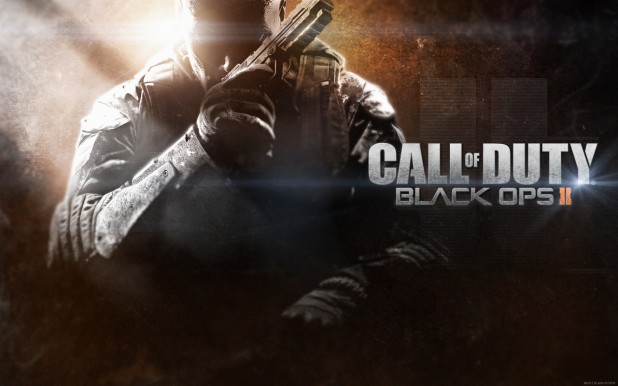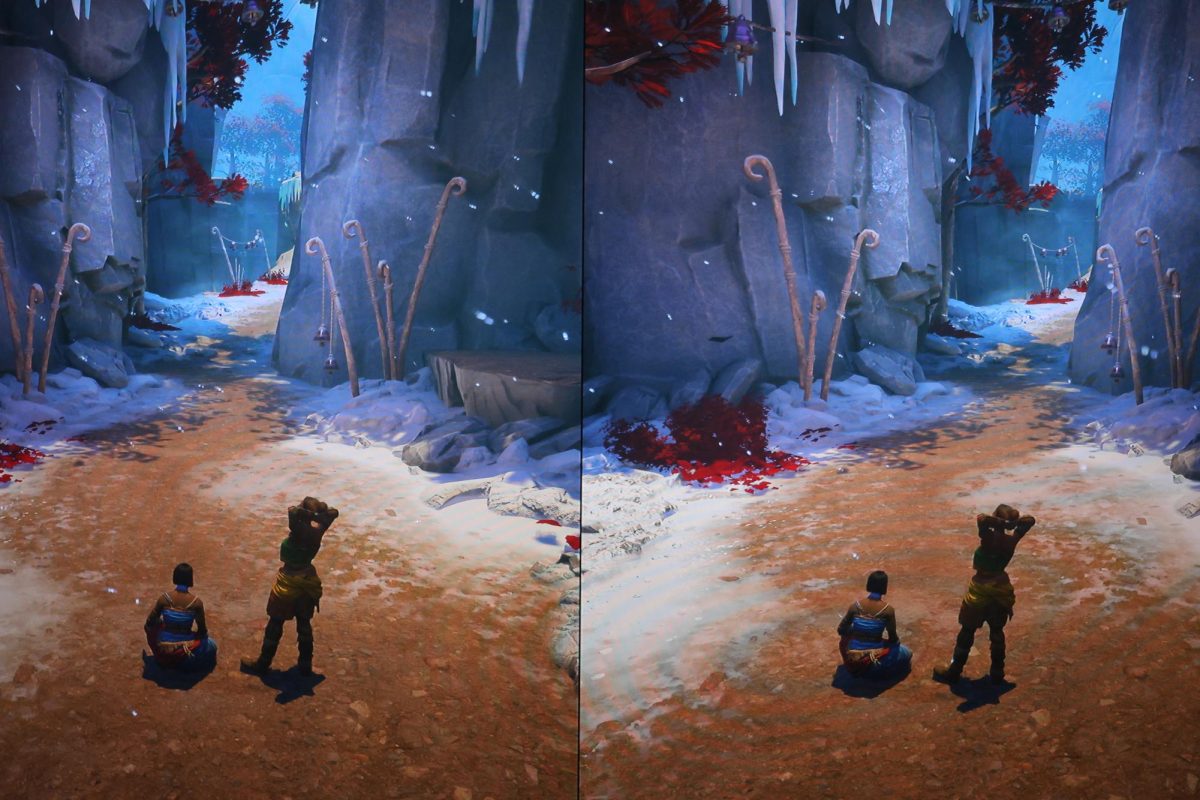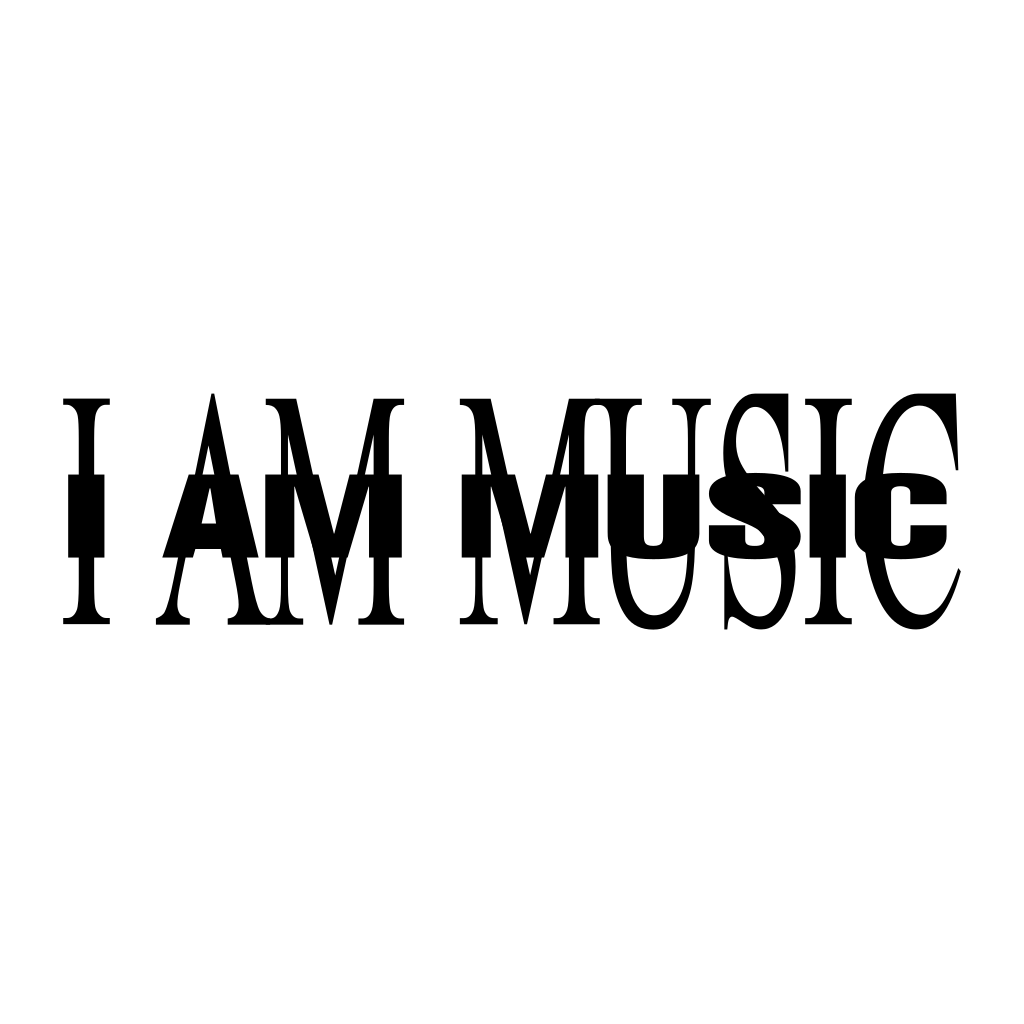One hundred and eighty-two million.
That is the combined number of “Call of Duty” and “Halo” game sales. Calling these two franchises successful is an understatement at best; calling them industry behemoths is much more appropriate.
With “Halo 4” releasing on Nov. 6 and “Call of Duty: Black Ops 2” on Nov. 13, this holiday season is certain to delight gamers all over the country, but change is in the air.
After the first “Halo” started getting attention, a snowball effect took place that had large groups of people talking about games in a way they never had before. When “Halo 2” was released, the popularity of the series had been cemented and the game became a near instant classic.
The next entry in the series was set to be released on Sept. 25, 2007 and was looking to build on the momentum that had been increasing with each new release. When trailers for the sequel to a series of PC shooters by the name of “Call of Duty” started to make an appearance, people began to shift their gaze. When “Halo 3” finally arrived, it was a success, but couldn’t compete with the fresh, new features of “Call of Duty.”
“Call of Duty 4: Modern Warfare” was released on Nov. 5, 2007 and was met with much praise and fanfare for it’s Michael Bay-esque explosive storytelling and innovative online multiplayer. The “Call of Duty” franchise had changed how people looked at games again, becoming the new reigning champ of the first-person shooter.
After five years, murmurs of stagnation in the “Call of Duty” series have started to rise. Could this be the year the roles switch again now that the “Halo” series has a new developer? Will “Call of Duty: Black Ops 2” bring a fresh new take on the series by featuring a futuristic setting?
Whatever the outcome, it certainly is an interesting time to be a gamer.








